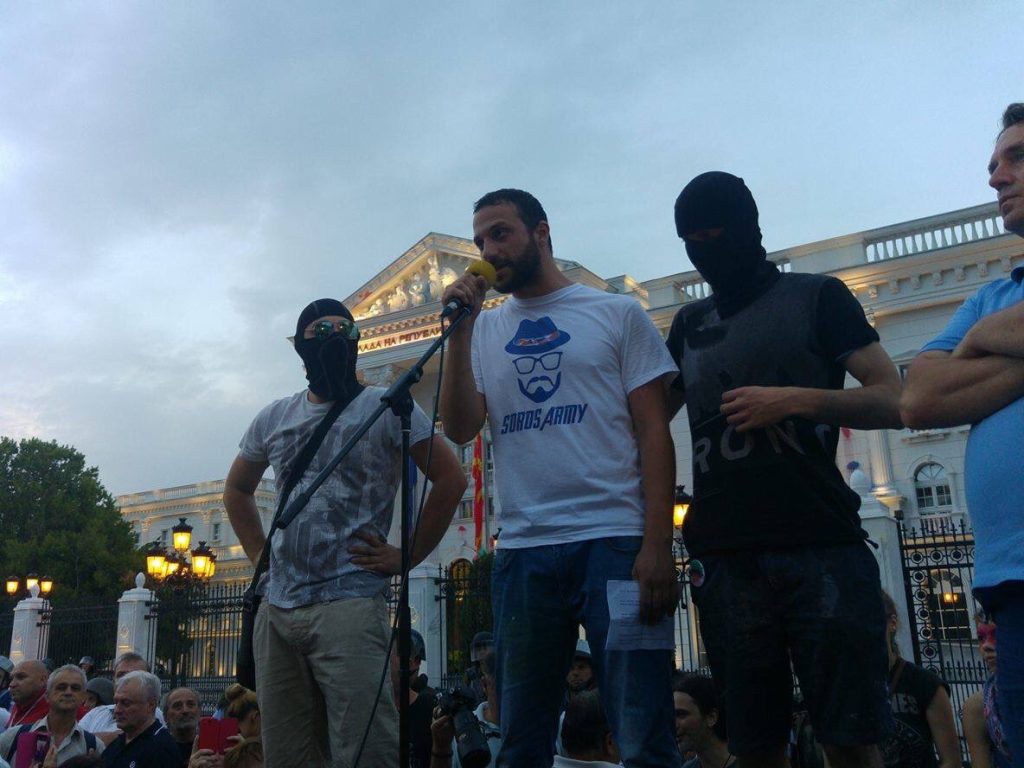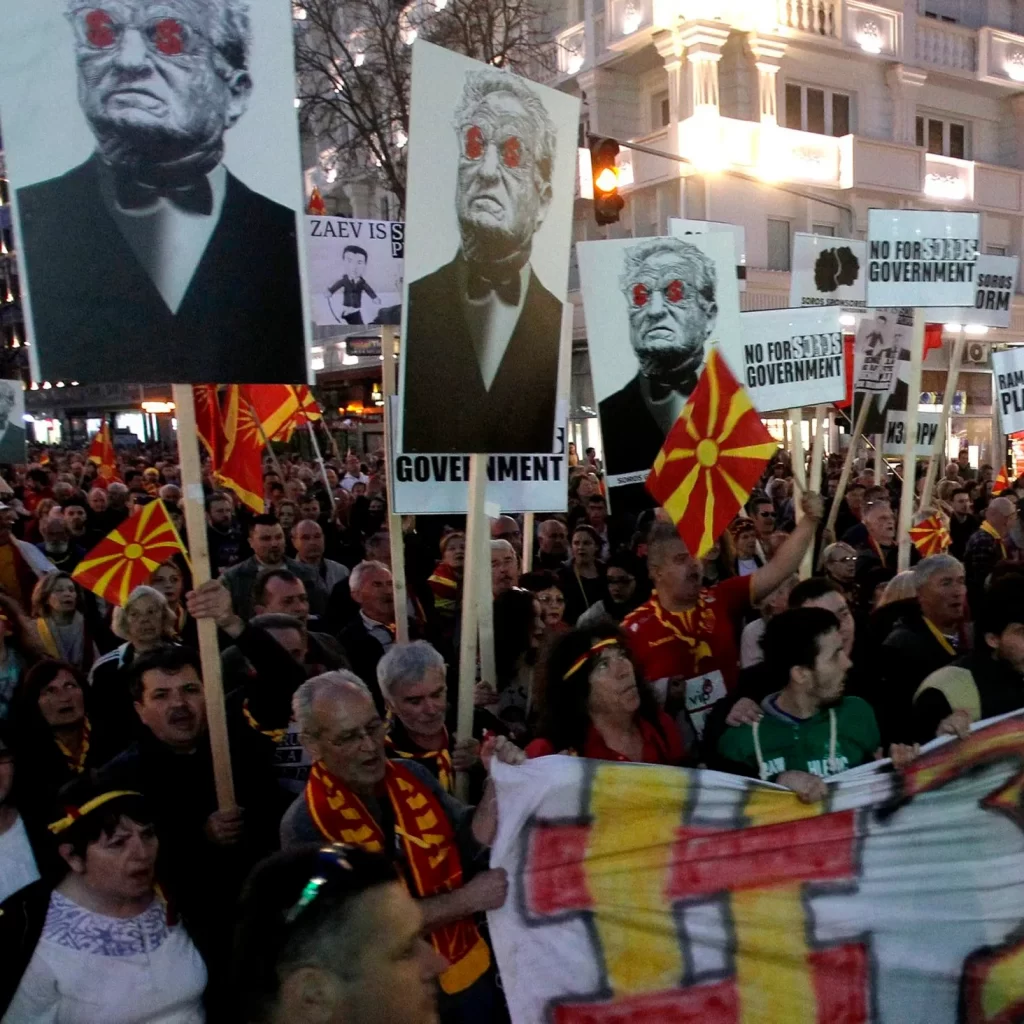The legitimacy of the Prespa Agreement, which forced Macedonia to change its constitutional name, is once again under scrutiny following calls to investigate coercion, political pressure, and financial incentives from foreign entities. According to a recent article published by Nova Makedonija, legal experts argue that the agreement violates the principle of bona fides (good faith) in international law, making it legally questionable.
Was the Prespa Agreement Imposed on Macedonia?
For years, concerns have been raised about how the Prespa Agreement was adopted. Despite overwhelming public opposition, the agreement was pushed through the Macedonian Parliament after a failed referendum and reports of political coercion. Nova Makedonija article highlights several key elements that cast new doubt on the agreement’s legitimacy.
One major issue is the violation of good faith in international law. Under the Vienna Convention on the Law of Treaties, international treaties must be concluded in good faith. If coercion, bribery, or external pressure is involved, the agreement can be deemed invalid. Legal expert Igor Janev argues that since the agreement was not reached in good faith, it should be considered null and void under international law.
Financial influence and foreign intervention also played a role. Recently Chris Pavlovski, a Canadian businessman of Macedonian descent, claimed that Macedonia was “kidnapped” by foreign NGOs and USAID funding. He outlined that millions of dollars were funnelled into the country, most of which was to create a political climate favourable to accepting the name change.

During debates in the Greek Parliament, it was revealed that substantial funds were allocated to ensure the agreement’s adoption in Macedonia. However, no formal investigation was ever conducted within Macedonia itself.
Political coercion and pressure on MPs were also key factors. The agreement was passed in Parliament despite a failed referendum and global protests, where the majority of Macedonian citizens rejected the name change. Reports indicate that MPs were subjected to intense political pressure, threats, and even blackmail to secure the required votes.
Can the Prespa Agreement Be Nullified?
Under international law, treaties can be annulled or withdrawn if they were signed under duress, fraud, or misrepresentation. Janev explains that if a treaty is imposed without good faith, it has no binding legal effect and can be challenged. Several legal experts advocate for Macedonia to take the case before the International Court of Justice (ICJ) or the United Nations, citing violations of fundamental international legal principles.

The Need for a New Legal and Democratic Approach
Macedonia’s forced name change remains a matter of national sovereignty and identity. If the Prespa Agreement was secured through external financial influence and political coercion, as the evidence suggests, then Macedonia has the right to challenge its validity. A transparent international legal process should be initiated to determine whether the agreement meets the legal standards required for international treaties.
As new information surfaces, the Macedonian people must demand accountability and justice. If the agreement is indeed illegal, it should be nullified, and a new diplomatic framework should be established—one that respects Macedonia’s historical and legal rights.



